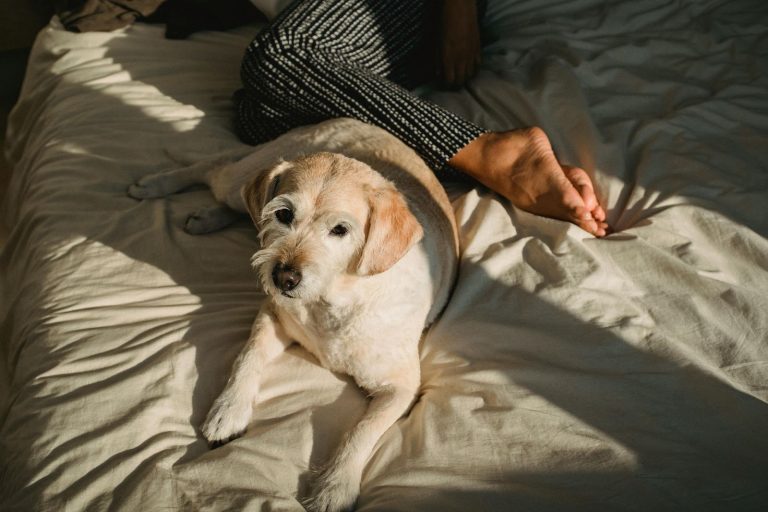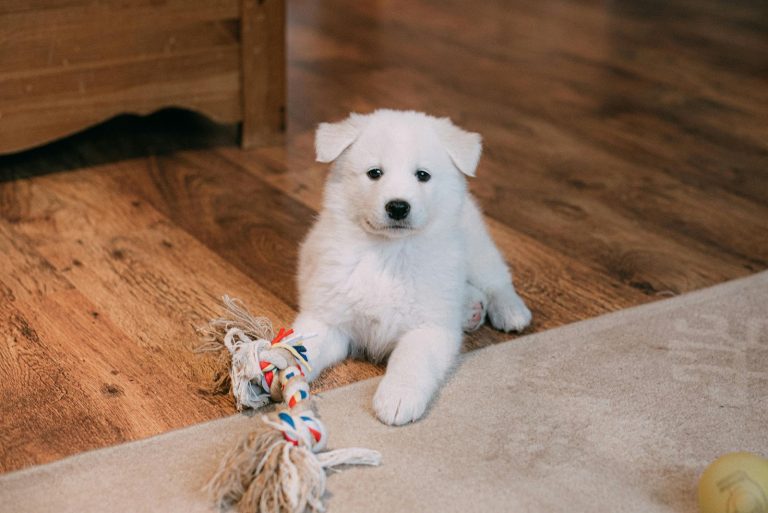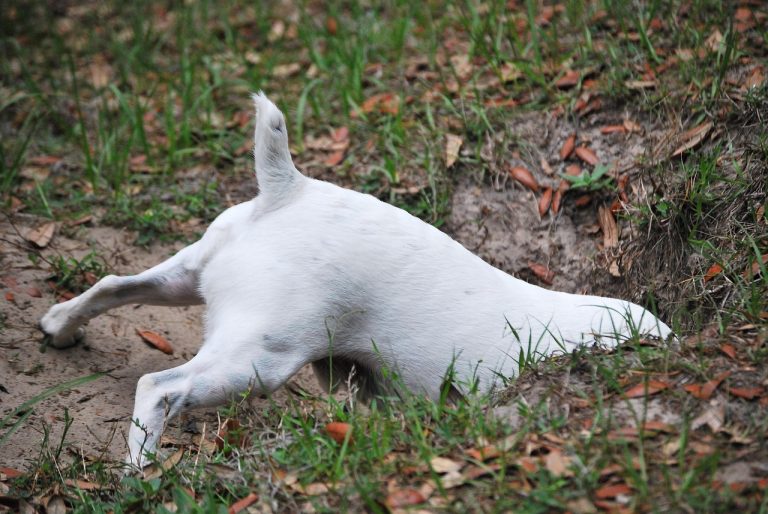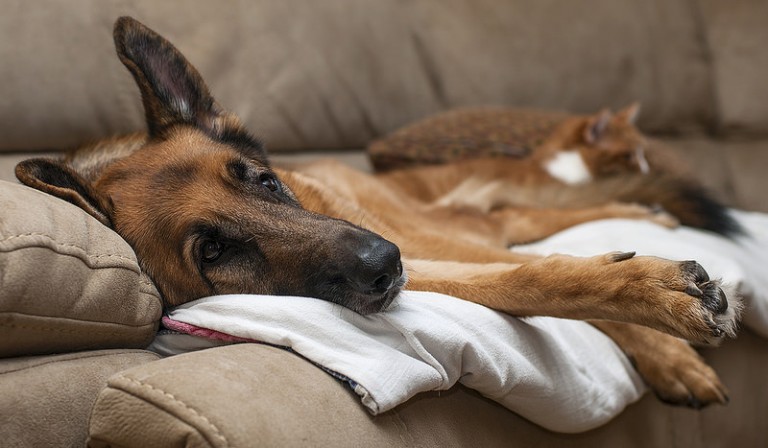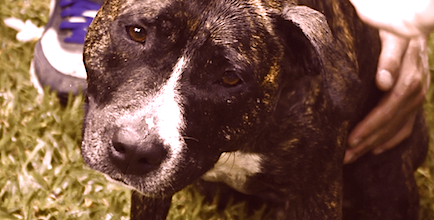“Why Does My Dog Do That?”: A Lesson in Canine Behavior
If you can figure out how your dog learned an undesirable habit, you have a better chance at changing the behavior.

A client asked me the other day, “Why does my dog do that?”
I was hounded for an answer — the client said that after 30-plus years of training dogs, I ought to know. The truth is, we won’t know until we learn to read dogs’ minds. And I’m going to say that will never happen, at least maybe not in our lifetime.
So, the answer is: We actually don’t know why a dog does something.

Don’t leave your pet’s safety to chance
Sign up for Petful recall alerts today.

Dogs and Undesirable Behavior
A similar question I often get is: “How do I stop my dog from doing (insert undesirable behavior)?”
The answer depends on the context. To understand how your dog’s behavior came to pass, it often helps to figure out what happened immediately before or during the behavior.
If a dog is digging, they may want to get in, get out, find something that is buried, bury something … the list can go on and on. Why he does that and how to get him to stop both depend on the context.
Dogs behave based on the laws of learning science and nature. It’s really the study of the one dog in front of us.
Digging
Look at where and when your dog digs. Then look at what they do after he digs.
- If he’s digging under the fence and goes running to play with the neighbor’s dog, he might be bored in the yard, or he might really like playing with the other dog. But only he knows why he did it.
- If he digs a hole and then sleeps in it, he probably thinks he wants a place to sleep. It could be to get warmer … or to get cooler. But only the dog knows why.
- If he digs a hole and buries a bone, he’s probably saving the bone. He may want to unearth it later, or maybe he wants to prevent you or another dog from finding it. Or maybe he just doesn’t like fresh bones. But again — only he knows why he’s behaving this way.
Barking
If your dog is barking, he might:
- Be trying to tell you something
- Be trying to tell another dog something
- Be uncomfortable
- Be excited and happy
You’ll never know for sure.
So our best analysis of why he does something points us in the best direction to stop an undesirable behavior. In other words, if you can figure out how the dog learned it in the first place and you’re interested in curbing that behavior, you might have a good clue about where to start.

Redirect Your Dog’s Interest
Solutions include finding something for the dog to do that’s even more fun than the undesirable behavior.
In the “dog who goes into the neighbor’s yard after digging under the fence” scenario, I would create a more enriched or engaging yard for her at home by placing different toys or challenging obstacles around to enjoy. For the dog who sleeps in the holes that they dig, I may give them a bed or a dog house so they have a comfortable place to rest.
When you ask your dog trainer or dog behavior consultant how to stop your dog from doing something you don’t like, the best answer they can give you is “it depends.” But then they should delve a lot deeper into what happened before and what happened after the behavior.
In scientific terms, this is called applied behavior analysis. In any training situation, this is useful in figuring out the cause and eliminating it rather than looking only at the symptoms and trying to suppress them.
This dog looks like he can’t wait to come over and play with his neighbors:

For More Help
If your dog shows any serious aggression or fear, please consult a qualified trainer or behavior consultant for help.
If you need assistance with a problematic behavior, look for a positive, reward-based trainer and a no-fear or no-pain based training solution. You can find trainers listed on directories at petprofessionalguild.com and iaabc.org to help you and your dog find relief from undesirable behaviors.

